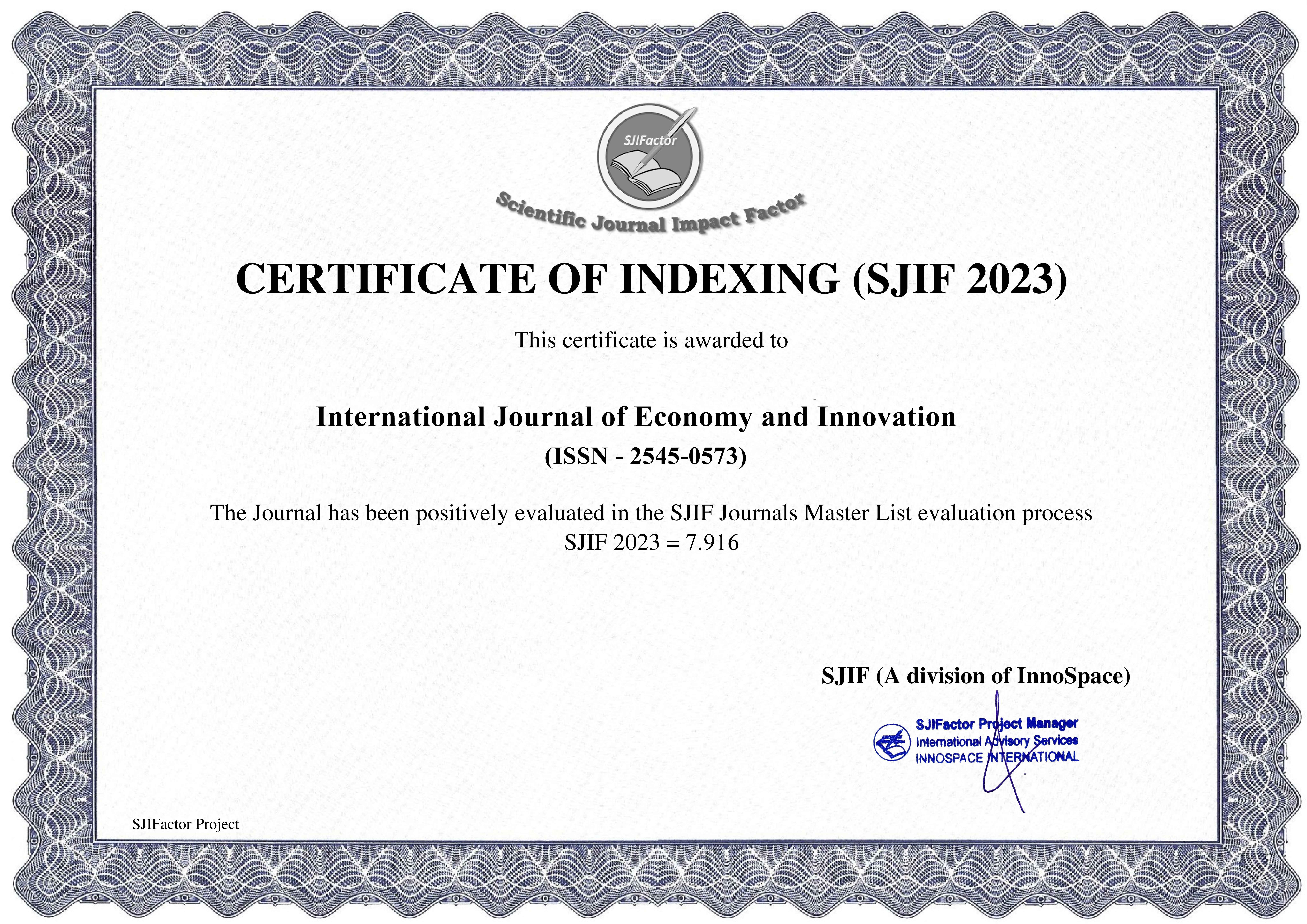RETHINKING ENTREPRENEURSHIP EDUCATION FOR INCREASED STUDENTS’ ENTREPRENEURIAL DRIVE IN TERTIARY INSTITUTIONS IN SOUTH SOUTH ZONE OF NIGERIA: THE ATTITUDINAL DELIVERY STRATEGY
Keywords:
Entrepreneurship Education, Attitudinal delivery Strategy, Students’ Entrepreneurial Drive, Tertiary Institutions, South South Zone and NigeriaAbstract
This study focused on rethinking entrepreneurship education for increased students’ entrepreneurial drive in tertiary institutions in the South South Zone of Nigeria leveraging attitudinal delivery strategy. The study used a survey research design. The population of the study was 217 while the sample size determined through Taro Yamane sample size determination formula was 141. The questionnaire was used in obtaining data. Data analysis was done with descriptive and inferential statistical tools. It was found that all variables of attitudinal delivery strategy to entrepreneurship education were associated with improving students’ entrepreneurial drive. A test of hypothesis conducted with multiple regression resulted in an adjusted R2 = 0.688 (or 68.8%), which indicated that all four independent variables of attitudinal delivery strategy together explained about 68.8% of variation that exist in students’ entrepreneurial drive in tertiary institutions in the South South Zone of Nigeria. It was concluded that as an approach to entrepreneurship education attitudinal delivery strategy was a reliable predictor of students’ entrepreneurial drive in tertiary institutions in the South South Zone of Nigeria. It was recommended that entrepreneurship education in tertiary institutions in the South-South zone of Nigeria should be tailored to reflect the peculiar needs of the students to trigger students’ interest; that entrepreneurship education lectures in tertiary institutions in the South-South Zone of Nigeria should be enriched with lessons and experiences in the areas of preference for innovation, proactive disposition, self- efficiency and achievement motivation to galvanize students into entrepreneurial actions at graduation and that given the importance of experience in supporting entrepreneurial education, lecturers and instructors who are experienced and who are practicing entrepreneurs should be engaged to assist in deepening the process of experience and knowledge transfer towards students’ increased entrepreneurial engagement and resulting increase in entrepreneurial start-ups.

















